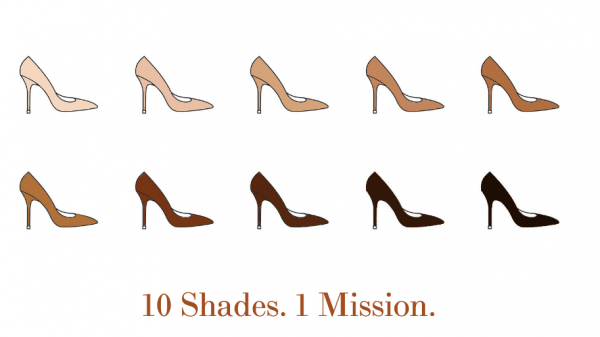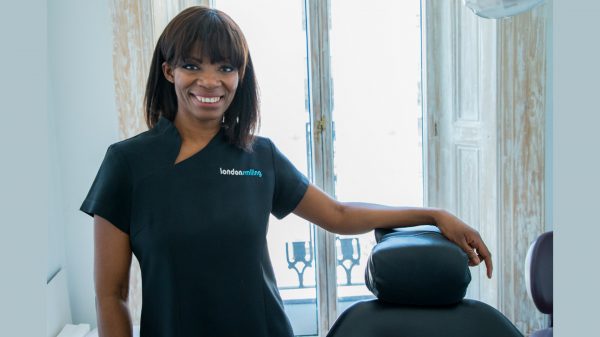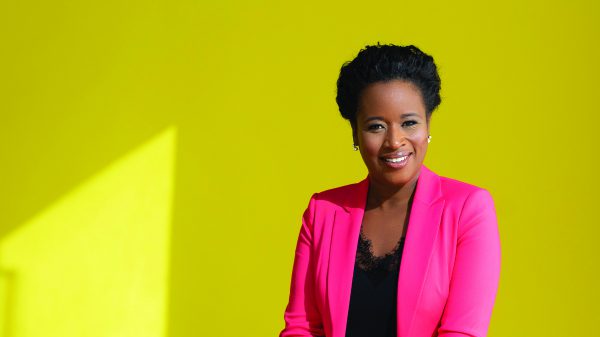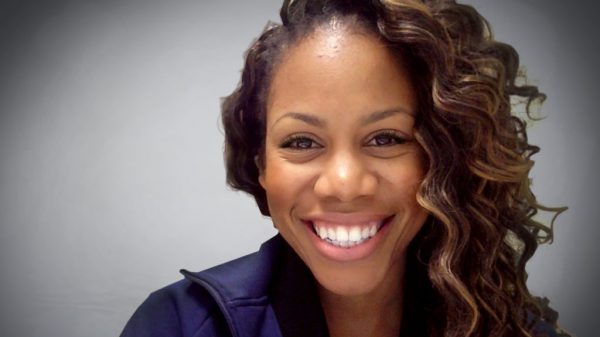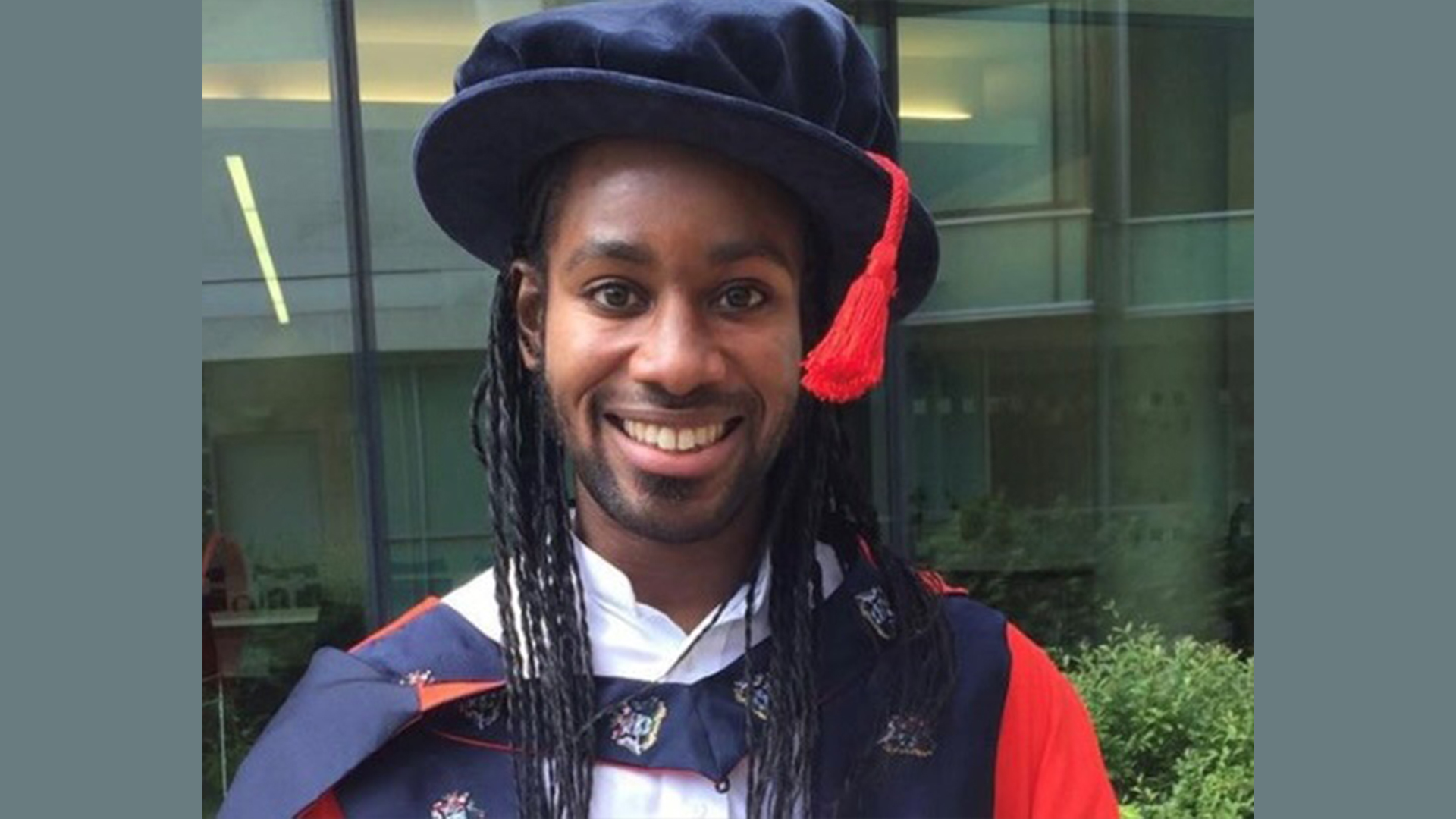An autistic sociologist who could not read or write until he was 18 has become Cambridge University’s youngest black professor.
Jason Arday, 37, was diagnosed with global development delay as well as autism spectrum disorder at the age of three and did not learn to speak until he was 11.
Less than eight years ago he was working in Sainsbury’s after therapists and career advisers predicted he would spend his adult life in assisted living and need lifelong support.
Arday, from Clapham, south London, has told how he defied the difficulties he faced and worked his way up in academia to land his dream role at Cambridge.
He starts next month as professor of sociology of education, joining just five other black professors at the institution. They are among only 155 black university professors in the UK, out of a total of 23,000.
Recalling being “violently rejected” in his early career, the professor hopes his story of persistence will inspire others from under-represented backgrounds to progress into higher education.
Ten years ago he wrote a set of personal goals on his mother’s bedroom wall — the third on his list read: “One day I will work at Oxford or Cambridge.”
Arday said: “As optimistic as I am, there’s just no way I could have thought that would have happened. If I was a betting person, the odds on it were so long. It’s just mad.”
He added: “When I started writing academic papers, I had no idea what I was doing. I did not have a mentor and no one ever showed me how to write. Everything I submitted got violently rejected. The peer review process was so cruel, it was almost funny, but I treated it as a learning experience and, perversely, began to enjoy it.”
Arday grew up with three siblings in a disadvantaged area of London and used sign language to communicate for much of his childhood after his early diagnoses. He required a huge amount of support from speech and language therapists to learn to talk by the age of 11.
At secondary school he gained two GCSEs in physical education and textiles before studying a Btec at college and completing his first degree in physical education and education studies.
He went on to achieve two master’s qualifications, a postgraduate certificate in education to become a PE teacher, and a PhD at Liverpool John Moores University — funding his studies by working part-time at Boots and Sainsbury’s.
While teaching sports, the professor said, “I remember thinking if I don’t make it as a football player or a professional snooker player, then I want to save the world.”
Arday said his turning point came when he consulted Sandro Sandi, a friend and college mentor, about becoming an academic.
“Sandro told me, ‘I think you can do this — I think we can take on the world and win.’ Looking back, that was when I first really believed in myself,” he said.
“A lot of academics say they stumbled into this line of work, but from that moment I was determined and focused — I knew that this would be my goal. On reflection, this is what I meant to do,” he added.
In 2018, after a number of rejections, he finally published his first paper. Arday went on to secure a role as a senior lecturer at Roehampton University in the same year before moving on to Durham University, where he was an associate professor of sociology. In 2021, he became a professor of sociology of education at the University of Glasgow’s School of Education, making him, at the time, one of the youngest professors in the UK.
He started his role at Cambridge on March 6 in the faculty of education. In his role he plans to build on his earlier work at the universities of Durham and Glasgow, which looked at the lack of representation of black and minority ethnic people in higher education and academic careers.
He established himself as a leading scholar in his field, publishing on subjects including the experiences of black students in universities, the under-representation of ethnic minorities in academic careers, and the long-term impacts of racial discrimination in education.
“My work focuses primarily on how we can open doors to more people from disadvantaged backgrounds and truly democratise higher education,” Arday said. “Hopefully being in a place like Cambridge will provide me with the leverage to lead that agenda nationally and globally.”
Bhaskar Vira, pro-vice-chancellor for education at the University of Cambridge, said: “Jason Arday is an exceptional scholar of race, inequality and education. He will contribute significantly to Cambridge’s research in this area and to addressing the under-representation of people from socioeconomically disadvantaged backgrounds, especially those from black, Asian, and other minority ethnic communities.
“His experiences highlight the barriers faced by many under-represented groups across higher education and especially at leading universities. Cambridge has a responsibility to do everything it can to address this by creating academic spaces where everyone feels they belong.”
























